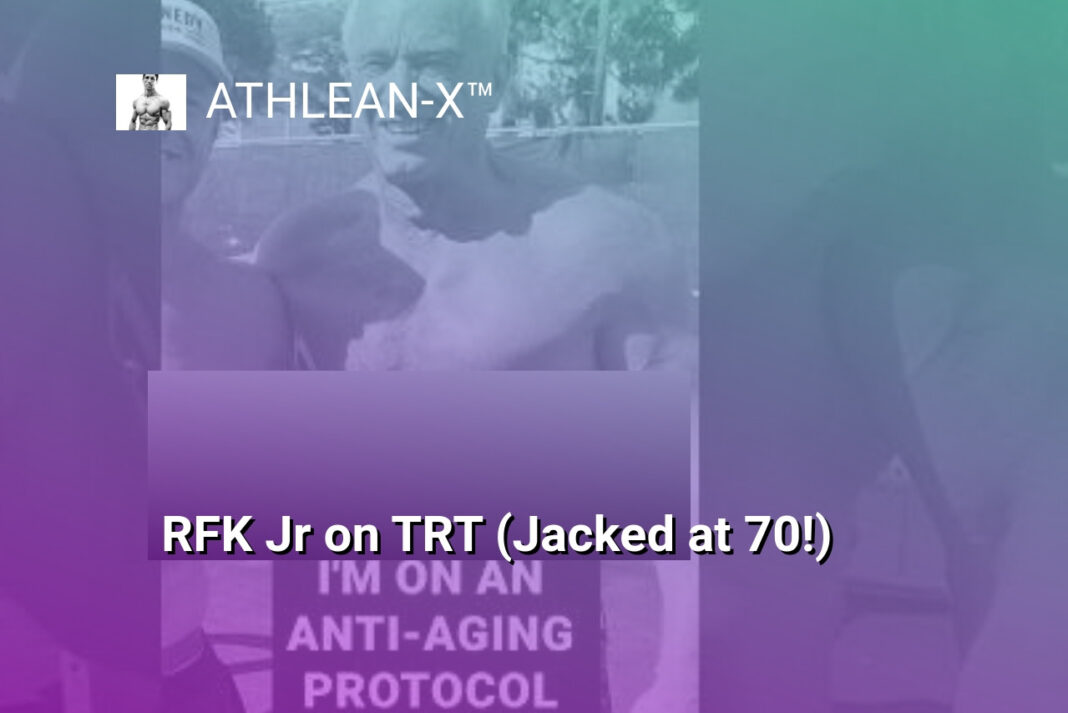The Bottom Line:
- Smoking, vaping, dipping, or snuffing are detrimental to skin appearance and health, according to dermatologists.
- The carcinogens and toxic byproducts generated from these activities, including vaping, accelerate skin aging.
- Nicotine itself is a vasoconstrictor, which is the opposite of what is desired for skin health and appearance.
- People often take supplements like BPC-157 and nicotinamide or try to improve skin hydration to counteract the negative effects of nicotine consumption.
- If you’re interested in maintaining youthful-looking skin, avoiding nicotine in any form is highly recommended.
The Dangers of Smoking and Vaping for Skin
The Impact of Nicotine on Skin Aging
Nicotine, the primary addictive component in both smoking and vaping, is a known vasoconstrictor. This means it causes the blood vessels to narrow, reducing blood flow and oxygen supply to the skin. This can accelerate the aging process, leading to the development of wrinkles, fine lines, and a dull, uneven complexion. Additionally, the reduced blood flow can impair the skin’s ability to heal and regenerate, making it more susceptible to damage and slower to recover from injuries or blemishes.
The Inflammatory Effects of Smoking and Vaping
Smoking and vaping are both associated with increased inflammation in the body, including the skin. The harmful chemicals and toxins present in tobacco smoke and e-cigarette vapor can trigger an inflammatory response, leading to redness, swelling, and the exacerbation of skin conditions such as acne, eczema, and psoriasis. This chronic inflammation can also contribute to premature aging, as it can damage the skin’s collagen and elastin fibers, which are responsible for maintaining its youthful appearance.
The Carcinogenic Risks of Smoking and Vaping
Smoking and vaping are both associated with an increased risk of developing various types of skin cancer, including squamous cell carcinoma and melanoma. The carcinogenic compounds found in tobacco smoke and e-cigarette vapor can damage the DNA of skin cells, leading to the development of cancerous growths. This risk is particularly concerning for individuals who are already at a higher risk of skin cancer, such as those with a family history or a weakened immune system.
The Role of Nicotine in Skin Aging and Inflammation
Nicotine’s Impact on Skin Aging
Nicotine, the primary addictive component in tobacco and e-cigarettes, plays a significant role in accelerating skin aging. As a vasoconstrictor, nicotine restricts blood flow to the skin, depriving it of essential nutrients and oxygen. This reduction in blood supply can lead to the development of premature wrinkles, fine lines, and a dull, aged appearance. Furthermore, nicotine’s ability to increase inflammation within the skin can exacerbate the signs of aging, contributing to a loss of skin elasticity and a breakdown of collagen, the structural protein that gives skin its youthful firmness.
Nicotine and Skin Inflammation
In addition to its impact on skin aging, nicotine is also a potent pro-inflammatory agent. When absorbed into the body, nicotine triggers the release of inflammatory mediators, such as cytokines and free radicals, which can damage skin cells and disrupt the skin’s natural healing processes. This chronic inflammation can manifest in various skin conditions, including acne, rosacea, and eczema, further compromising the skin’s appearance and overall health.
Counteracting Nicotine’s Effects
To mitigate the detrimental effects of nicotine on skin health and appearance, individuals may seek out various interventions. Compounds like BPC-157, a peptide with potent anti-inflammatory properties, and nicotinamide, a form of vitamin B3, have been explored for their potential to improve skin hydration and reduce the visible signs of aging. Additionally, maintaining a healthy lifestyle, including a balanced diet, regular exercise, and adequate sun protection, can help support the skin’s natural resilience and counteract the damaging effects of nicotine exposure.
Counteracting the Negative Effects with Skin-Enhancing Supplements
Harnessing the Power of Skin-Enhancing Supplements
While the damaging effects of smoking, vaping, and nicotine on skin health are well-documented, there are proactive steps individuals can take to counteract these negative impacts. Incorporating skin-enhancing supplements into one’s daily routine can provide a powerful solution to support and revitalize the skin.
Targeting Inflammation and Oxidative Stress
One of the primary mechanisms by which smoking, vaping, and nicotine consumption contribute to premature skin aging is through increased inflammation and oxidative stress. Antioxidant-rich supplements, such as vitamin C, vitamin E, and coenzyme Q10, can help neutralize free radicals and reduce inflammation, thereby protecting the skin from the damaging effects of these harmful habits.
Promoting Skin Hydration and Barrier Function
Nicotine’s vasoconstrictive properties can lead to dehydration and impaired skin barrier function, exacerbating the appearance of fine lines, wrinkles, and dullness. Supplements containing hyaluronic acid, ceramides, and omega-3 fatty acids can help restore the skin’s moisture levels, strengthen the protective barrier, and enhance overall skin health.
By incorporating a comprehensive regimen of skin-enhancing supplements, individuals who engage in smoking, vaping, or nicotine consumption can take proactive steps to mitigate the detrimental effects on their skin. These targeted supplements can work in tandem to address the multifaceted challenges posed by these habits, supporting the skin’s natural regenerative processes and promoting a more youthful, radiant appearance.
Prioritizing Skin Health for a Youthful Appearance
The Importance of Skin Hydration and Barrier Function
Maintaining optimal skin hydration and a healthy skin barrier is crucial for preserving a youthful appearance. Smoking, vaping, and nicotine consumption can disrupt the skin’s natural moisture balance and compromise its protective barrier, leading to dryness, wrinkles, and accelerated aging. Incorporating hydrating skincare products and ensuring adequate water intake can help counteract these detrimental effects, keeping the skin supple and resilient.
Combating Inflammation and Oxidative Stress
Smoking, vaping, and nicotine exposure are known to increase inflammation and oxidative stress within the skin. These processes can damage collagen and elastin fibers, contributing to the development of fine lines, wrinkles, and a dull, uneven complexion. Incorporating antioxidant-rich skincare ingredients and adopting a healthy lifestyle can help mitigate these damaging effects, promoting a more youthful and radiant appearance.
Promoting Skin Cell Renewal and Regeneration
The harmful compounds found in tobacco and nicotine products can impair the skin’s natural cell renewal and regeneration processes. This can result in a sluggish, uneven complexion and a loss of skin elasticity. Incorporating skincare products that support cellular turnover and stimulate collagen production can help counteract these effects, revealing a more vibrant and youthful-looking skin.
The Importance of Quitting Smoking and Vaping for Better Skin
The Detrimental Impact of Nicotine on Skin Hydration and Elasticity
Nicotine, the primary addictive component in both smoking and vaping, is a potent vasoconstrictor. This means it causes the blood vessels to narrow, reducing the flow of oxygen and essential nutrients to the skin. This can lead to a dull, dehydrated complexion, as well as a loss of skin elasticity over time. Quitting smoking and vaping can help restore the skin’s natural hydration and suppleness, contributing to a more youthful and radiant appearance.
Reversing Premature Skin Aging
The toxic chemicals and carcinogens found in cigarette smoke and vaping products can accelerate the skin’s aging process, leading to the formation of fine lines, wrinkles, and age spots. Quitting these habits can help slow down this premature aging, allowing the skin to regenerate and repair itself. With time, the skin’s natural glow and elasticity can be restored, helping you achieve a more vibrant and youthful complexion.
Reducing Inflammation and Improving Skin Tone
Smoking and vaping can cause chronic inflammation in the skin, leading to redness, irritation, and an uneven skin tone. By quitting these habits, you can help reduce inflammation and promote a more even, radiant complexion. This can be particularly beneficial for individuals struggling with skin conditions like acne, rosacea, or eczema, as the reduction in inflammation can help alleviate these symptoms.





